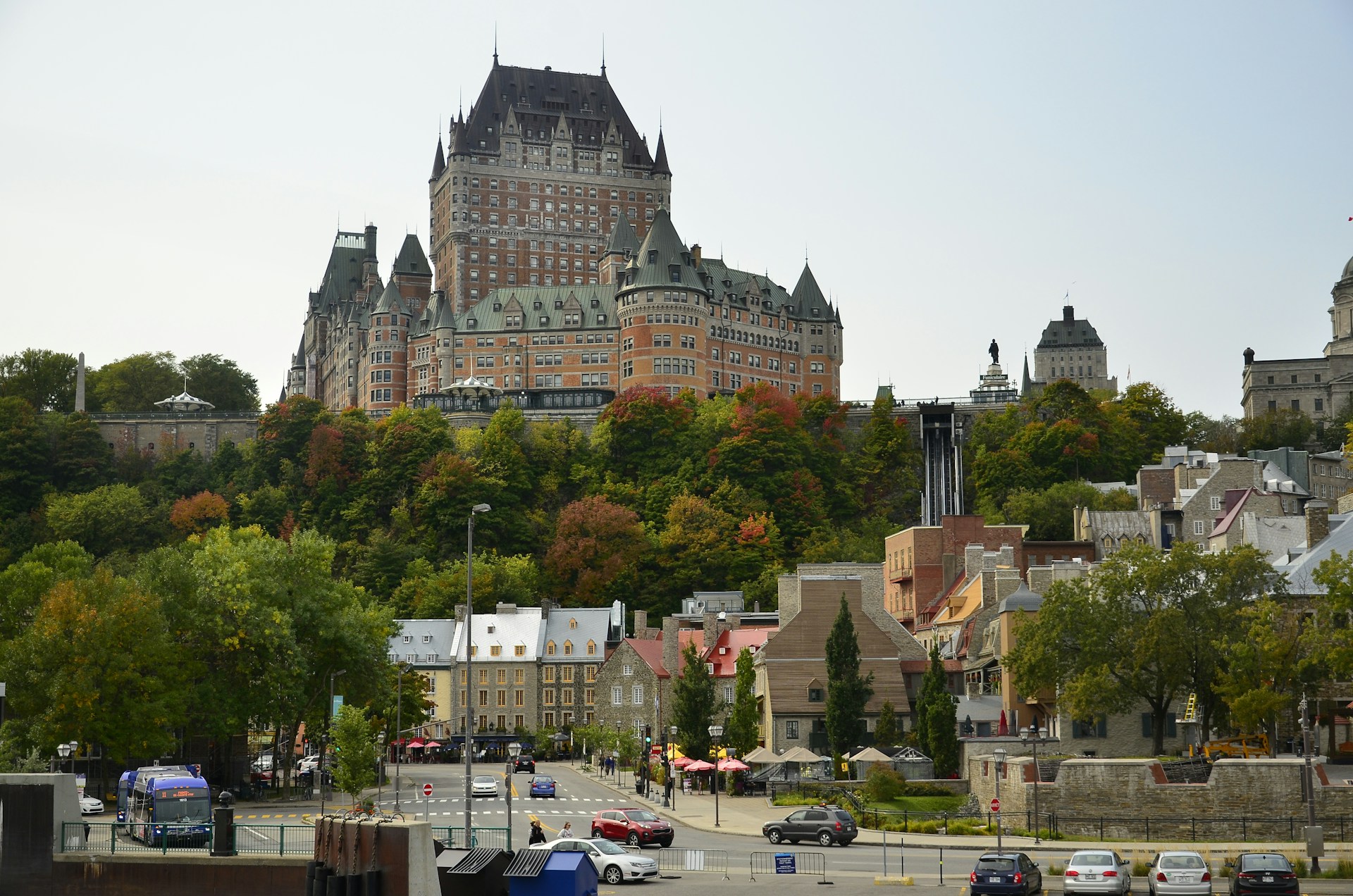Paris once lived in travelers minds as a city that could do no wrong, where riverside walks, late cafe nights, and quiet courtyards felt effortless. Now that memory collides with a busier, pricier, more guarded capital. Visitors still admire its beauty, but many leave tired from crowds, costs, and constant calculations. What once felt like an easy yes has become a measured decision, and their loyalty is starting to loosen, not out of drama, but from quiet exhaustion. That shift is subtle, but it is real.
Rising Prices And New Tourist Taxes

Paris has shifted from romantic long weekend to premium investment. Hotel rates surge around major events, everyday meals stretch mid range budgets, and the 2025 tax hike significantly lifts nightly costs across hotels and rentals, adding a steep extra layer on stays across the region. When a short stay rivals a full week in other European capitals, even longtime admirers pause. The feeling grows that visitors are treated as revenue streams first, guests second, and that changes how affection lands for many.
Petty Crime Wearing Down Trust

Non violent street crime quietly eats at confidence in the city. Phones vanish near museums, wallets disappear in busy metro cars, and familiar distraction scams linger around monuments and crowded plazas. Safety reports still stress that most incidents are minor, but the emotional math is different. Constantly scanning bags and pockets drains the ease from a walk, and those who once wandered without a thought now remember Paris as a place where they stayed on alert instead of present.
Overcrowded Icons Losing Their Charm
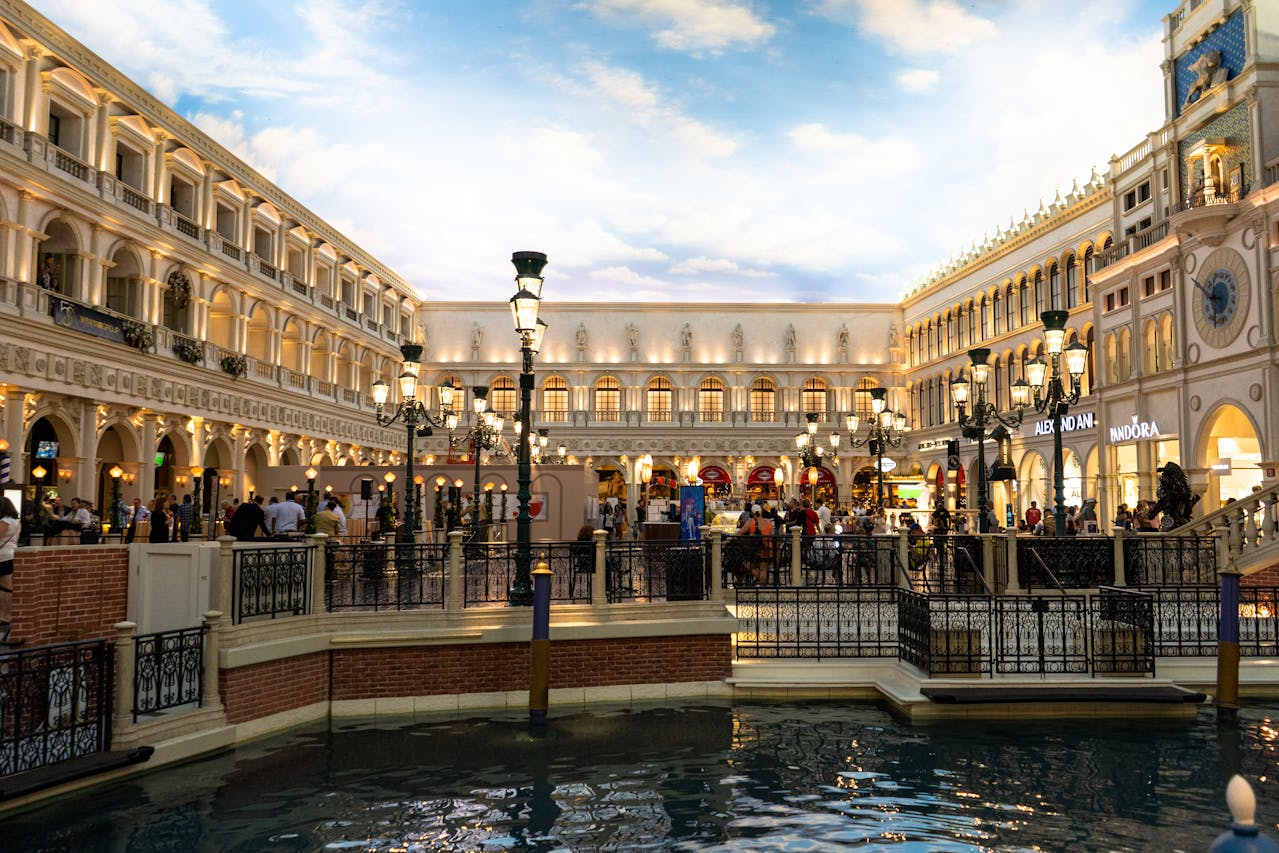
The icons still awe at first sight, but the experience wrapped around them has shifted. Long queues, dense security funnels, and tour groups moving shoulder to shoulder turn simple visits into logistical drills. Even with timed entries, major sites and museums operate near saturation, especially as annual visitor numbers push past pre pandemic highs. By the time someone reaches a tower view or famous canvas, patience feels spent, and the dominant memory is the crush, not the moment.
Metro Fatigue And Transit Frustrations
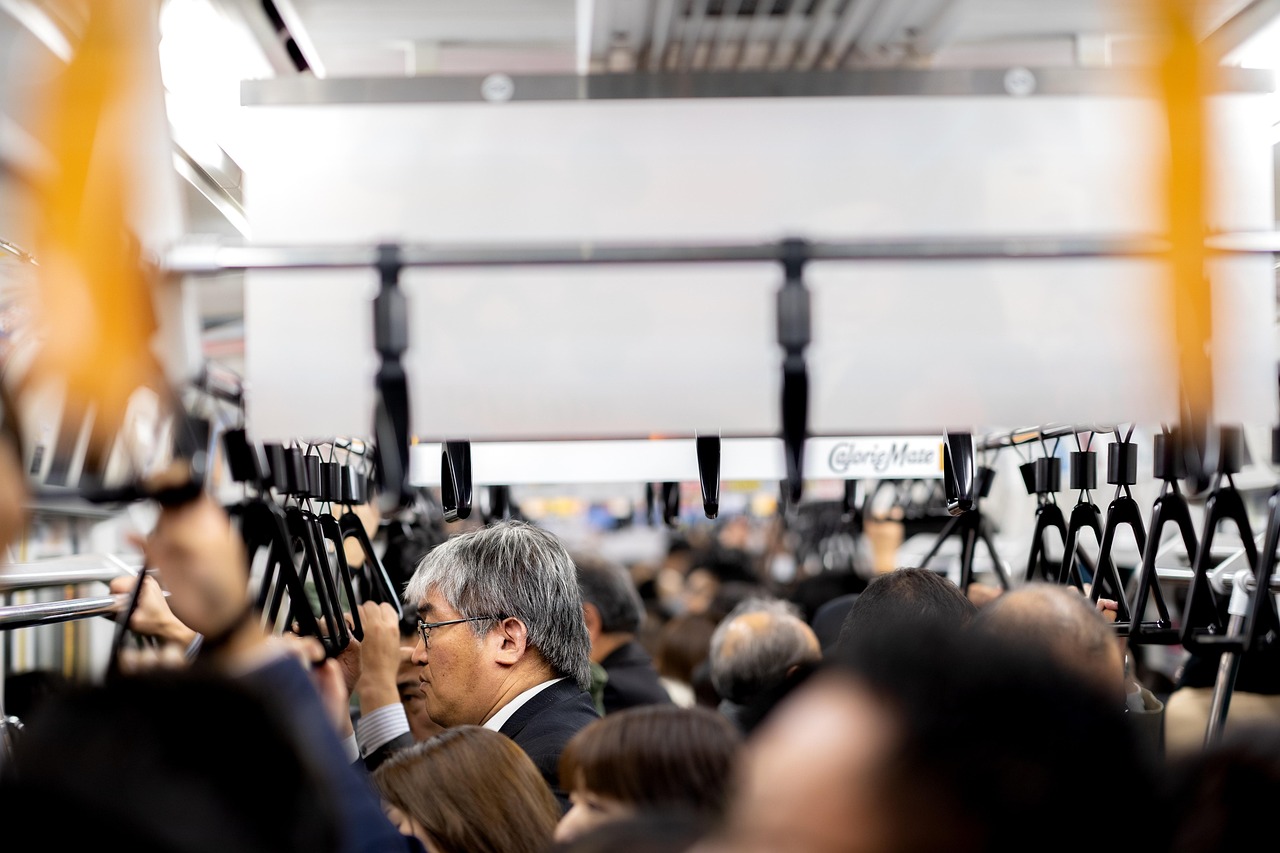
The metro once symbolized effortless mobility; now it often feels like endurance. Lines serving airport links, stadiums, and postcard neighborhoods arrive packed, leaving riders pressed tight or waiting for the next train. Heat, luggage, service changes, and the background worry about pickpockets make everyday trips feel like small negotiations. What should invite aimless exploring instead nudges visitors to limit movement, skip spontaneous detours, and treat transit as something to survive, not part of the charm of being in a great city.
Neighborhoods Trading Soul For Souvenirs

Beloved districts are shifting under the weight of short stays and fast turnover. Longstanding grocers, bookshops, and ordinary bistros shut their doors, replaced by dessert counters, souvenir racks, and global chains chasing constant tourist flow. Rising rents and short term rentals push residents outward, thinning the everyday life that once gave these streets texture. Returning travelers feel it quickly, that sense of walking through a stylized version of a neighborhood they used to know, polished, profitable, and oddly hollow.
Museums Under Strain Visitors On Edge
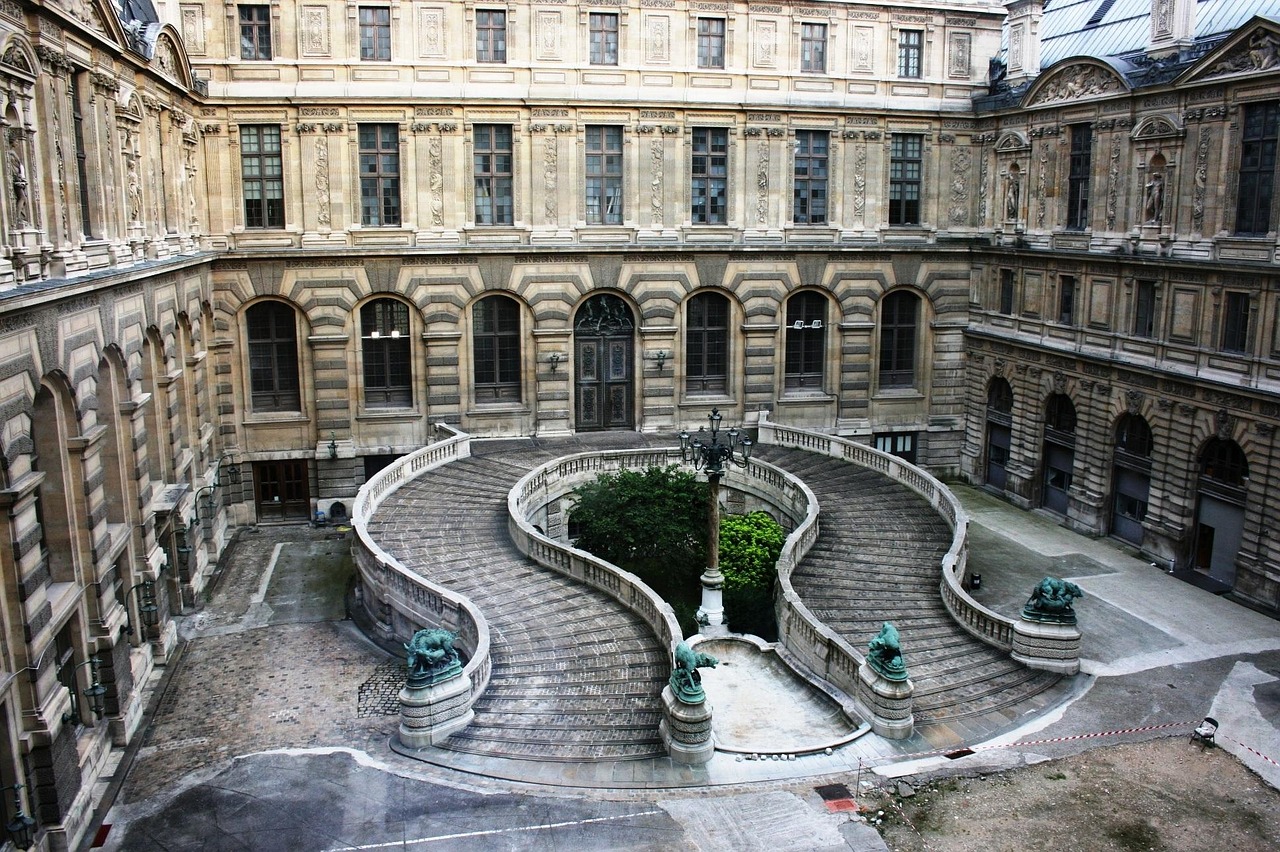
Paris museums still hold extraordinary collections, but the pressure inside their halls is unmistakable. Heavy visitor traffic at headline institutions strains staff and space, prompting strikes, stricter controls, and carefully channeled lines. Galleries that should welcome slow looking fill with bodies jostling for a single quick photo. The art remains brilliant, yet the experience edges toward transactional, a box to tick at volume. Culture lovers leave torn between admiration for what they saw and fatigue from how hard it was to see it well.
Visible Environmental Wear And Tear
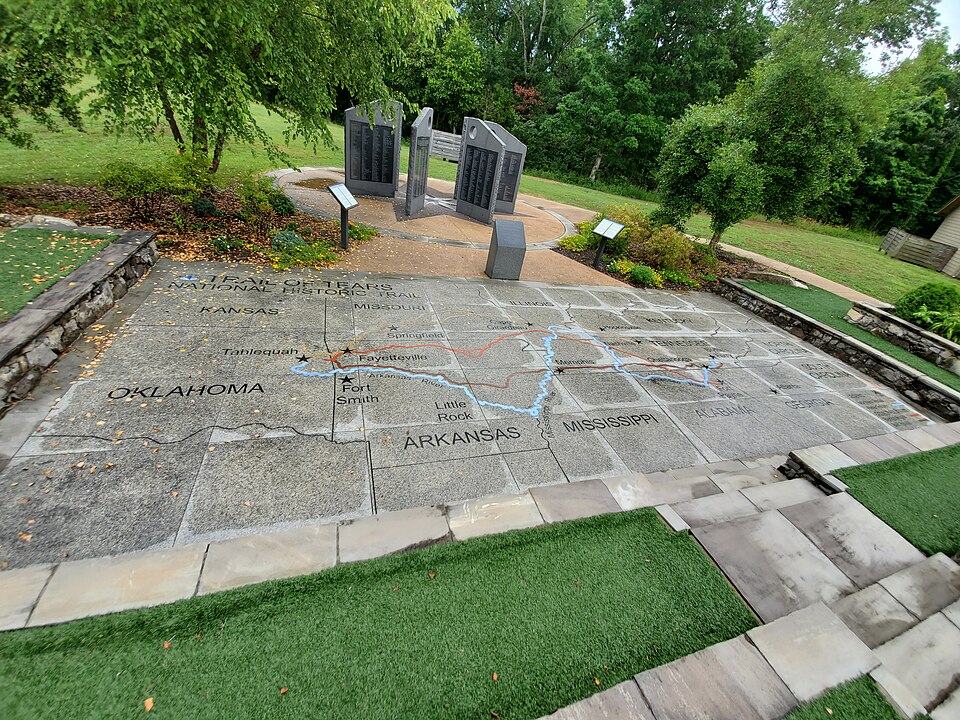
The environmental strain no longer hides in data; it sits in plain sight along riverwalls and busy squares. Overflowing bins after peak weekends, abandoned cups and packaging near viewpoints, toppled scooters clustering on corners, and heavy traffic haze along main arteries soften the shine. None of this erases the architecture or the bridges, but together it signals a city slow to shield its own stage from relentless use. Travelers who once praised its elegance now notice the frayed edges first.
Subtle Shift In Local Attitudes
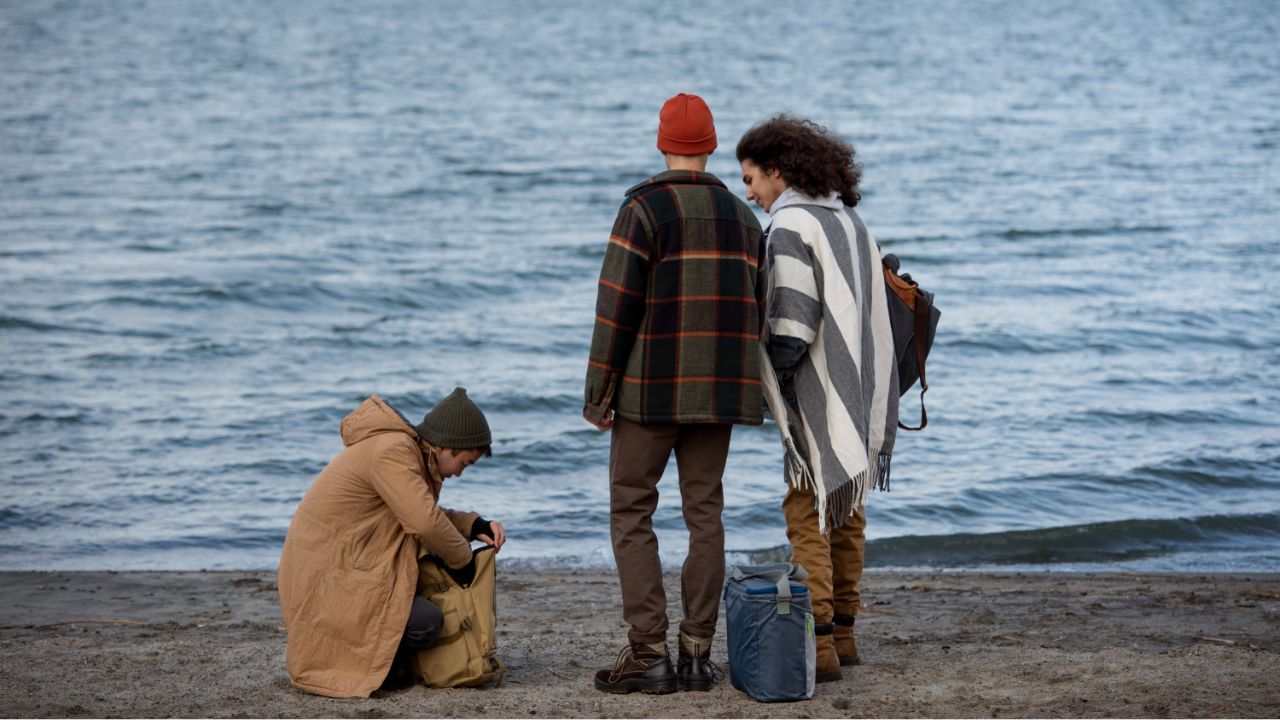
Most residents remain polite, but strain surfaces in expressions, tone, and the rules tightening around saturated zones. Packed stairways, late night noise, tour groups blocking streets, and pressure on housing build resentment that sometimes appears as anti tourism graffiti or sharper comments. Those signals simply put into words what many already feel. Visitors sensitive to mood pick it up quickly, sensing that the welcome comes with caveats now, and that the easy social balance between city and guest has grown fragile.
Choosing Distance Without Losing Affection
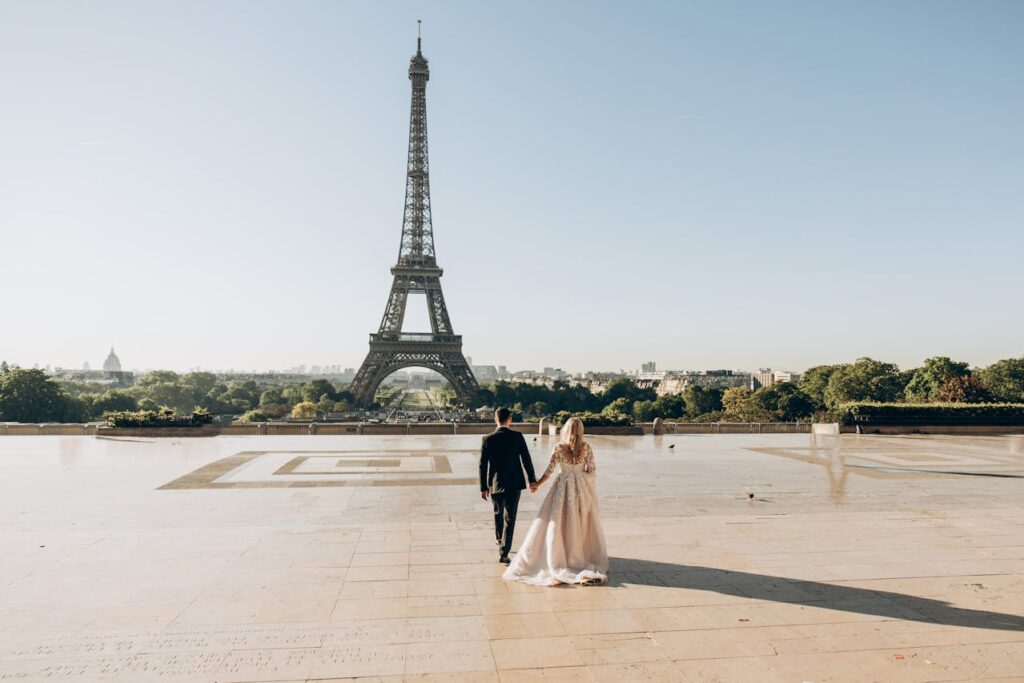
Many who are stepping back from Paris are not angry; they are tired and a little heartbroken. They remember visits that felt generous and light, compare them to days ruled by queues, higher taxes, and careful route planning, then quietly opt out. Attention drifts to Lyon, Lille, coastal towns, and other capitals that still feel looser, kinder, less scripted. Affection for Paris does not vanish; it waits at a distance, hoping the city chooses care over volume.
